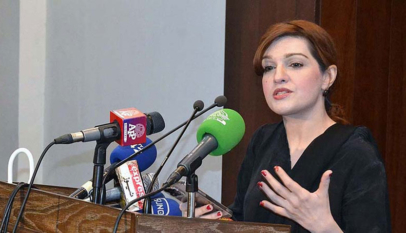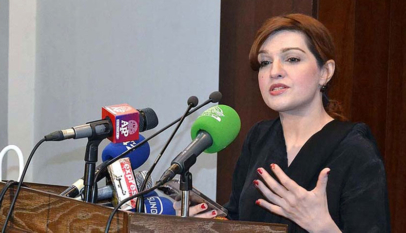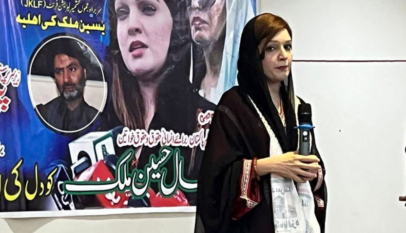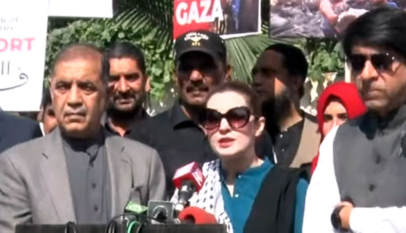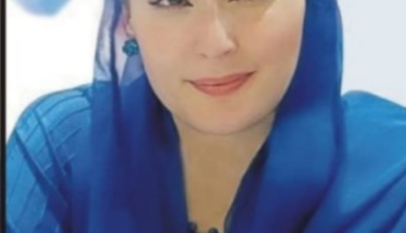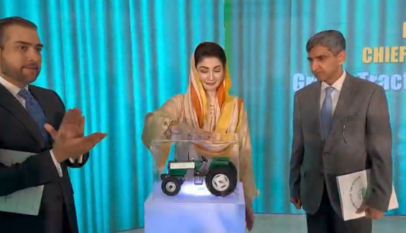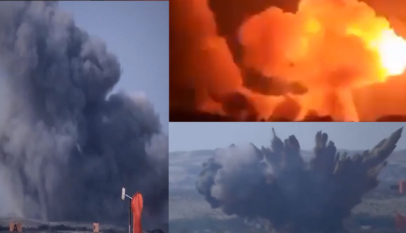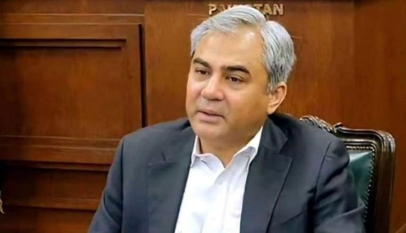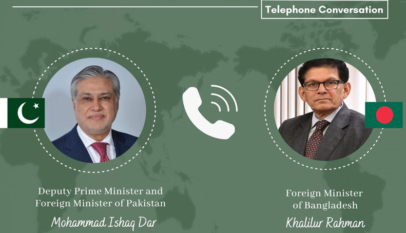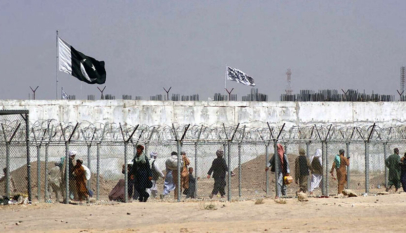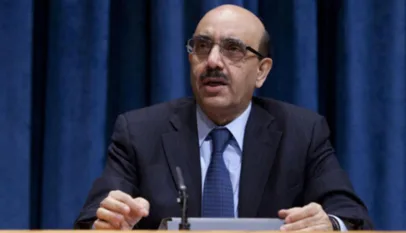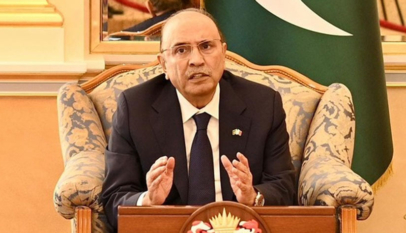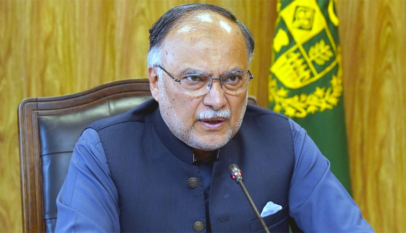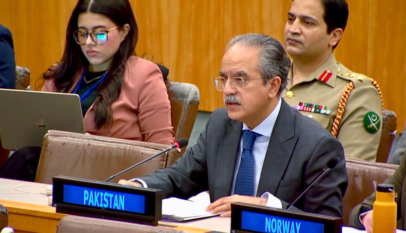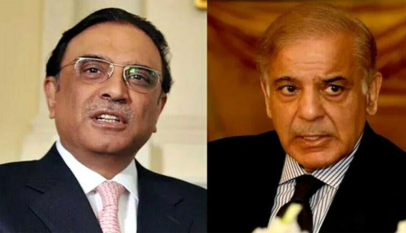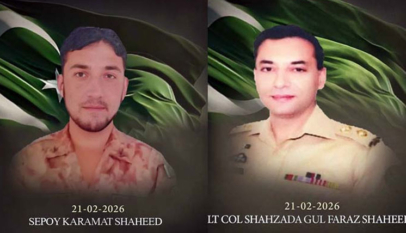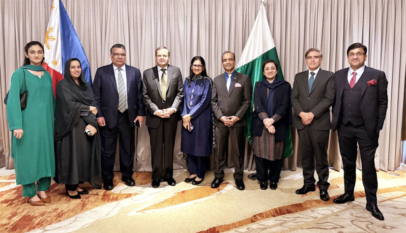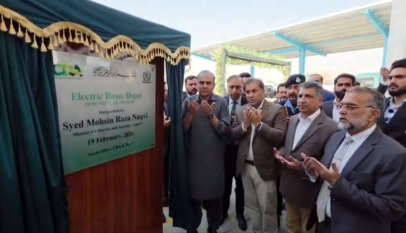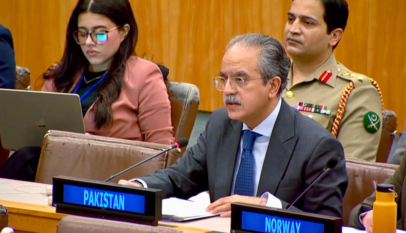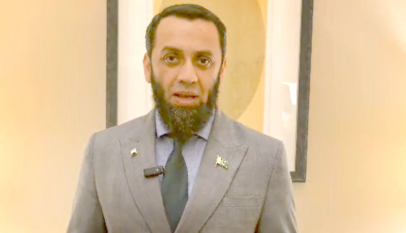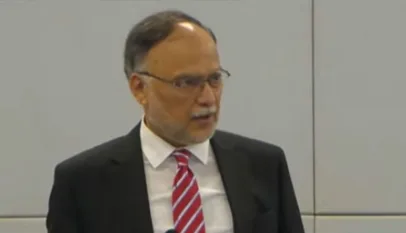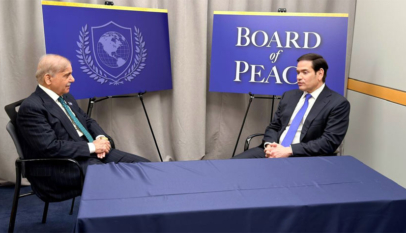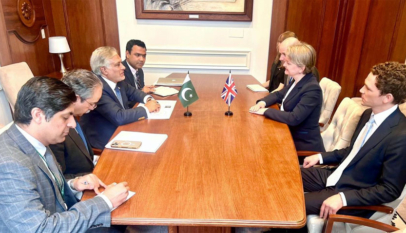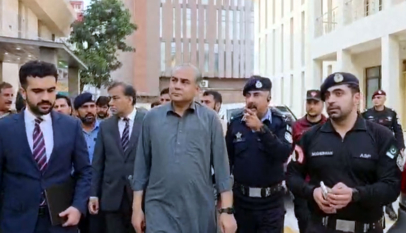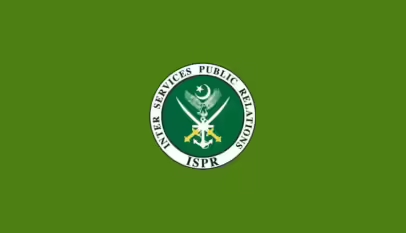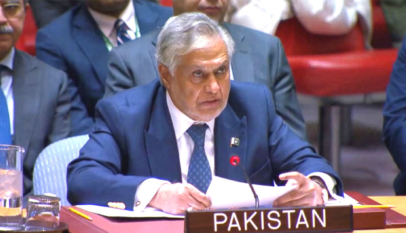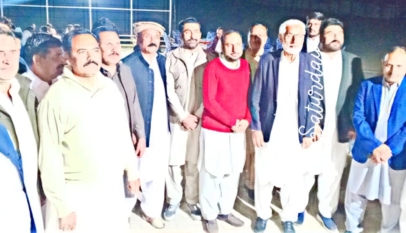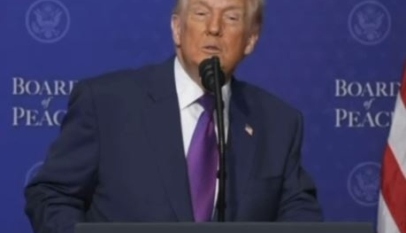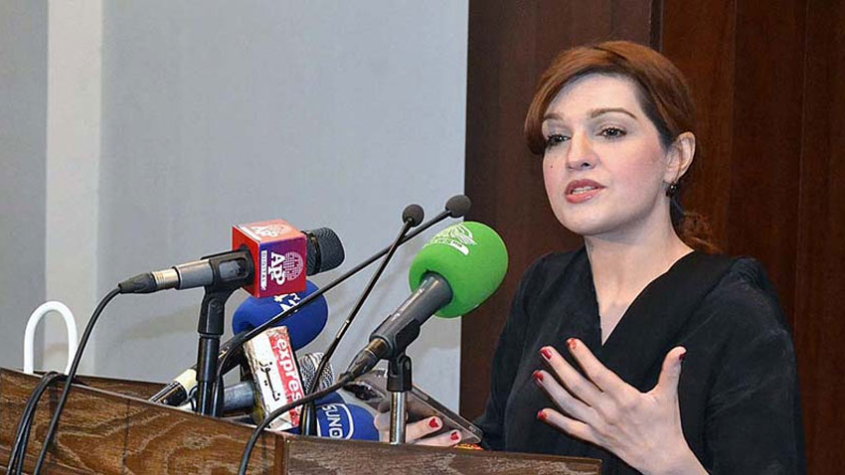
Special Assistant to the Prime Minister for Human Rights, Mushaal Hussein Mullick, has called upon UN bodies, human rights organizations, and world powers to play their due role in saving the life of her husband and Kashmiri leader, Yasin Malik.
In a statement, she expressed her apprehension that the bloodthirsty and notorious Narendra Modi government is hell-bent on unlawfully hanging her incarcerated husband by implicating him in false, frivolous, and politically-motivated cases.
Mushaal Mullick noted that ordinary people are being forced to present as eyewitnesses against Yasin Malik to justify the judicial murder of the voice of Kashmir.
The SAPM stated that occupation authorities could go to any extent to silence the most vociferous and powerful voice of the people of Kashmir for political mileage.
She added that murderous Modi is fearing humiliation and a drubbing in the forthcoming general elections due to his consistent anti-human and anti-minorities’ policies.
The SAPM also condemned the Indian government’s nefarious attempts to implicate Yasin Malik in the fake and bogus case of the murder of four Indian Air Force personnel in Srinagar in 1990.
Mushaal Hussein Mullick urged the authorities to entertain Yasin Malik’s legal request for a physical appearance in court instead of taking his statement via video from Delhi’s Tihar Jail, where he has been illegally incarcerated since 2017.
Pakistan is closely watching the case of Yasin Malik and condemns the illegal occupation, rejecting the illegitimate jurisdiction of Indian Courts over Kashmiri leadership.
It is undoubtedly a case of political victimization and Indian aggression against a non-violent Kashmiri political leader who is fighting for the legitimate right of self-determination for the Kashmiri people.
India is using its Kangaroo Courts to victimize a non-violent leader of the Kashmir Cause. The illegal trial of Yasin Malik could result in the rise of violence and radicalization in the Kashmir region.


